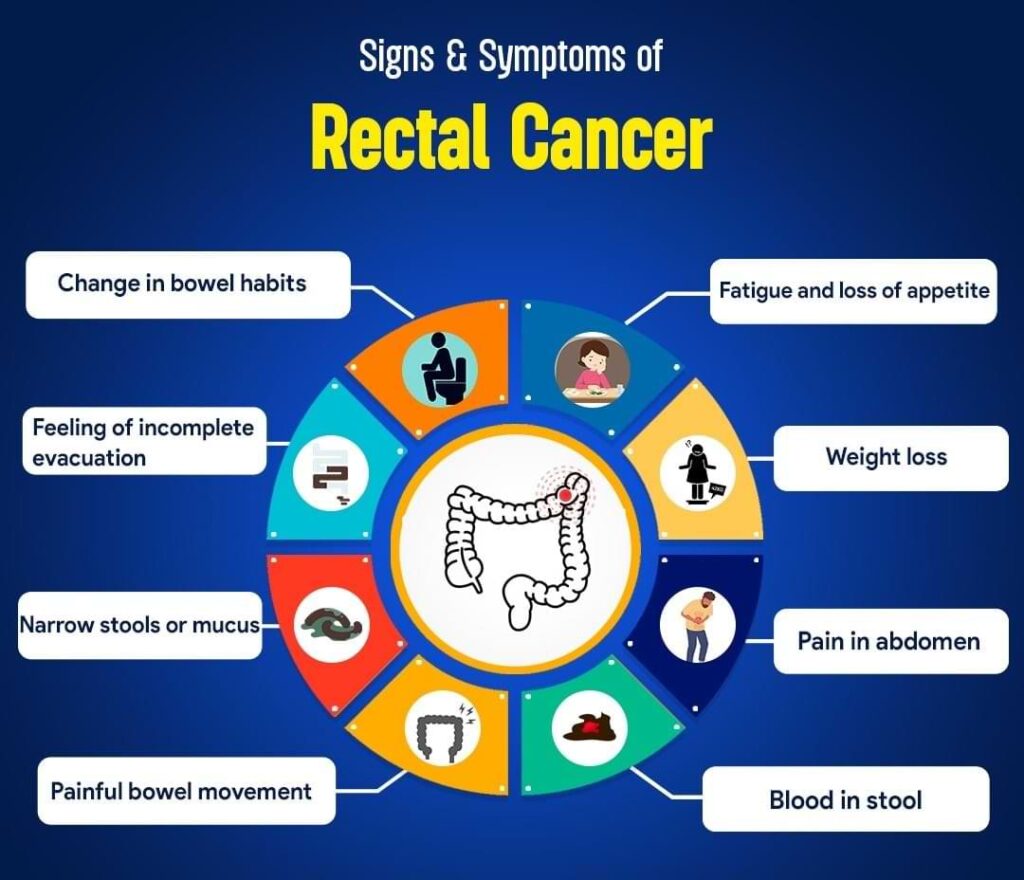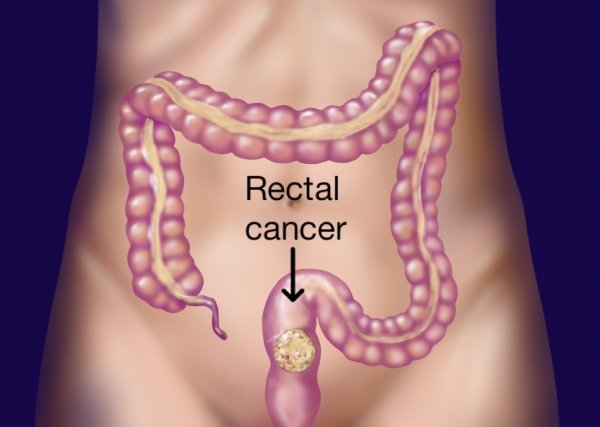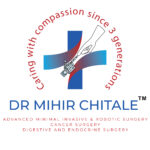Rectal Cancer: Symptoms, Treatment & Care
What Is Rectal Cancer?
Rectal cancer develops in the rectum, which is the final portion of the large intestine, measuring about 12 to 15 centimetres in length. The rectum is a muscular, hollow tube that connects the colon (large intestine) to the anus. Rectal cancer often begins as small growths called polyps, which may become cancerous over time. Detecting rectal cancer early is vital for effective treatment and improved outcomes.

Signs & Symptoms of Rectal Cancer
Rectal cancer symptoms may resemble other digestive conditions, making early detection challenging. Common signs include:
- Blood in the stool or rectal bleeding
- A persistent change in bowel habits (diarrhea, constipation, or narrowing of stools)
- Abdominal pain, bloating, or discomfort
- A feeling of incomplete bowel movement
- Unexplained weight loss
- Fatigue or weakness
Not all symptoms indicate rectal cancer, but any persistent change should be evaluated by a doctor.


Risk Factors for Rectal Cancer
Several factors increase the risk of rectal cancer:
- Age (most common after age 50)
- Family history of colorectal or rectal cancer
- Personal history of polyps or inflammatory bowel disease (IBD)
- Diet high in red or processed meats
- Lack of regular exercise
- Obesity
- Smoking and heavy alcohol consumption
Diagnosis & Staging of Rectal Cancer
Doctors use several tests to diagnose and determine the stage of rectal cancer:
- Colonoscopy – to detect and biopsy abnormal growths
- Imaging tests – CT scan, MRI, or PET scan to see if cancer has spread
- Blood tests – to assess overall health and tumor markers
- Endorectal ultrasound – to evaluate how deep the cancer has grown into rectal tissue
Rectal cancer is staged from Stage I (localized cancer) to Stage IV (spread to distant organs).
Treatment Options for Rectal Cancer
Treatment for rectal cancer depends on its stage and the patient’s health. Options include:
- Surgery – the primary treatment, often removing part of the rectum or nearby tissue
- Radiation therapy – commonly used before or after surgery to shrink tumors or prevent recurrence
- Chemotherapy – to kill or slow the growth of cancer cells
- Targeted therapy – medicines that specifically attack cancer cells
- Immunotherapy – boosts the immune system to fight rectal cancer in certain cases
A multidisciplinary team often tailors a treatment plan to the patient’s needs.
Prevention & Early Detection of Rectal Cancer
Though not all cases can be prevented, you can lower your risk of rectal cancer by:
Early detection through colonoscopy and screening tests can prevent rectal cancer or catch it at a treatable stage.
FAQs About Rectal Cancer
No. Rectal cancer starts in the rectum, while colon cancer begins in the colon. Although they are different, rectal cancer and colon cancer are often grouped together as colorectal cancer.
Yes. Rectal cancer can often be cured if detected early. Treatment usually involves surgery, chemotherapy, and radiation therapy. Even in advanced cases, rectal cancer can often be managed effectively to improve quality of life.
The survival rate for rectal cancer depends largely on the stage at which it is diagnosed. Patients with early-stage rectal cancer generally have a much better outcome compared to those diagnosed at advanced stages.
Screening for rectal cancer is recommended for most people starting at age 45. Individuals with higher risk factors, such as family history or chronic bowel disease, may need to begin screening earlier and repeat it more often.
Yes. Adopting a healthy lifestyle can help reduce the risk of rectal cancer. This includes eating a balanced diet rich in fibre, exercising regularly, maintaining a healthy weight, quitting smoking, and limiting alcohol intake.


